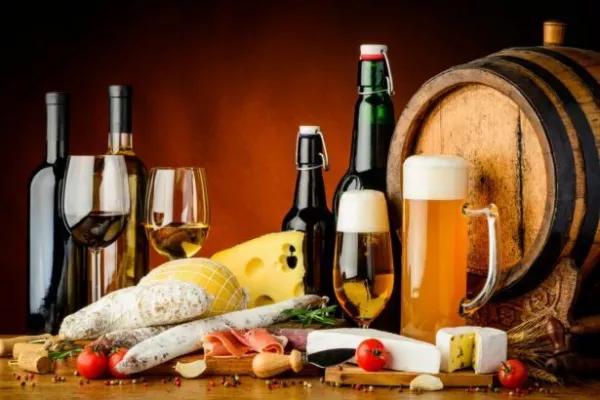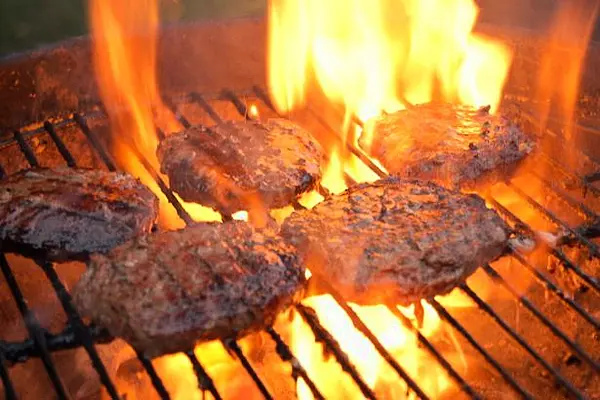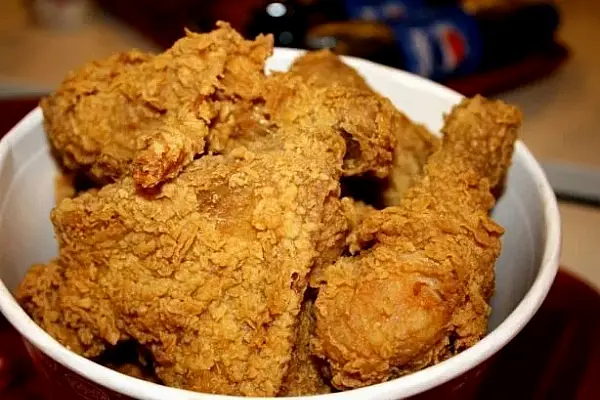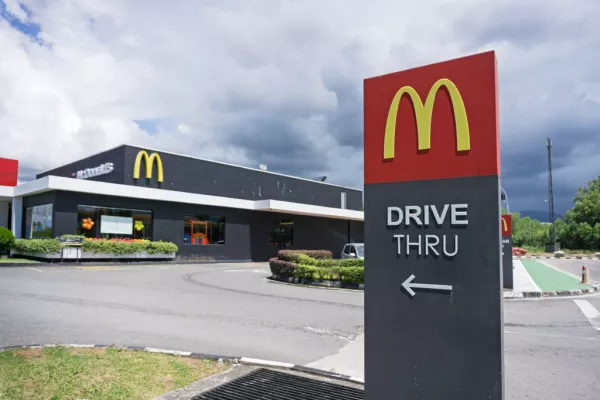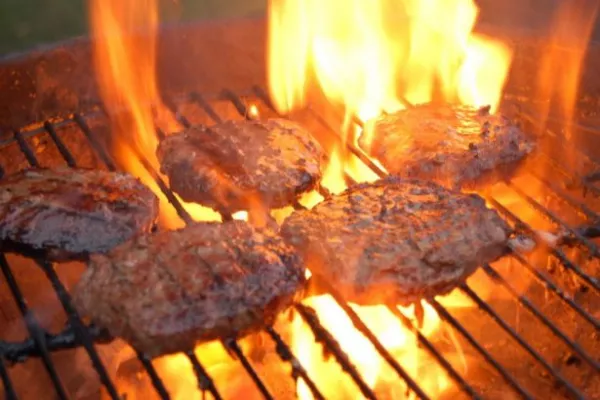Hospitality Ireland presents a round-up of global drinks, food and restaurant news.
UK Pauses Competition Law For CO2 Suppliers Amid Shortages
Britain has temporarily exempted parts of the carbon dioxide (CO2) industry from competition law to help provide further security of the gas's supplies to businesses in the country.
Britain last month warned food producers to prepare for a 400% rise in carbon dioxide prices after extending emergency state support as rising costs of wholesale natural gas led to fears of poultry and meat shortages.
The natural gas price surge has forced some fertilizer plants - Britain's main source of CO2, a byproduct of the industry - to shut in recent weeks, leading to a shortage of CO2 used to put the fizz into beer and sodas and stun poultry and pigs before slaughter.
"Companies in the CO2 industry can now work together to ensure that key sectors receive the supplies they need and come to a sustainable market solution," said Business Secretary Kwasi Kwarteng in a statement.
The step is in line with Britain's approach to tackling the current fuel crisis. Last week, the country suspended competition laws to allow fuel suppliers to share information and coordinate their response to petrol shortages.
The energy department also said major supplier Ensus has restarted its CO2 operations, while CF Fertilisers' plant was now operating at full capacity following an agreement last month.
Fast Food Chains Close Some Indoor Seating As US Cities Mandate Vaccine Checks
As New York, San Francisco and a few other US cities and counties require restaurants to check proof of COVID-19 vaccination to dine indoors, some fast food chains are simply shutting their seating areas altogether - a move that may dent their sales.
The burger chain White Castle shut the seating sections in its more than 20 New York City locations in September, after New York City began asking customers over the age of 12 to prove they received at least one does of the vaccine in order to eat indoors.
By eliminating dine-in options, restaurants are forced to rely entirely on carry-out, drive-thru and delivery orders - which are generally more profitable. That also means they can eliminate costly labor required to clean seating areas and check customers' proof of vaccination, and perhaps have an extra employee work the kitchen or counter instead.
White Castle Chief Operations Officer Jeff Carper said the chain was "able to redeploy some labor to focus on drive-thru, delivery and pick-up," for instance.
Taco Bell, a unit of Yum Brands Inc, said it encouraged customers to place digital orders for pickup and delivery, adding that "our restaurants comply with federal, state and local regulations and guidelines to keep our team members and customers safe." Two Taco Bell locations that Reuters visited had closed their indoor seating.
At McDonald's Corp, franchisees consider multiple factors when deciding to close indoor seating, including COVID case counts, local regulations and staffing levels, the company said. On September 16, three of the eight McDonald's locations in New York City visited by Reuters had closed their indoor seating.
"We continue to monitor the Delta variant closely and, as we have throughout the last 18 months, remain able to adapt quickly while maintaining our safety standards," the company said.
Overall, consumer spending at US restaurants has rebounded from last year's mid-pandemic lows, up 9% to $440 billion in the 12 months ended in August, according to data from The NPD Group/CREST.
But the first mandate to check for proof of vaccination went into effect in New York City on August 17, and the city began to enforce the requirements as of September 13.
Inspectors for New York City visited 18,182 establishments by Thursday, giving out 2,211 warnings and six violations of $1,000 for failing to check vaccination cards.
King County, Washington, home to Seattle, will require restaurants to check proof of full vaccination or a recent negative COVID-19 test beginning October 25. San Francisco began requiring indoor diners to show proof that they had been fully vaccinated on August 20.
Caterer Compass Names New Finance Head To Steer Pandemic Recovery
Britain's Compass Group said on Monday October 4 that company veteran Palmer Brown will take over as finance chief to help lead a recovery at the world's largest catering company, replacing Karen Witts who will step down at the end of this month.
Witts, who joined as chief financial officer a year before the COVID-19 pandemic prompted widespread lockdowns around the world, has "mutually agreed" with the board to step down, Compass said.
Brown, who was interim CFO at Compass from 2018 to 2019, has coordinated many of Compass' acquisitions and divestitures, the company said in a statement.
"Palmer has contributed to the success of Compass over many years and his commercial and financial skillset and his deep knowledge of the Group are ideally suited to our next phase of development and growth," Chief Executive Officer Dominic Blakemore said in a statement.
Last month, Compass forecast an upbeat fourth-quarter as sports fans throng stadiums again and students come back to campuses.
The company, however, sounded a cautious note about its business and the industry division, which caters to office workers, as uncertainty persists over the pace of workplace reopenings in its major markets.
Issa Brothers' EG Group Buys British Baker Cooplands
The Issa brothers' EG Group petrol forecourt business has added to its acquisition spree by purchasing Cooplands, Britain's second-largest bakery chain.
EG Group, owned by Zuber and Mohsin Issa and private equity firm TDR Capital, said on Monday it has acquired CS Food Group Holdings Limited, which trades as Cooplands.
Cooplands operates three bakeries and runs about 180 stores and cafes, predominantly in northern England. It employs over 1,600 people and is the country's second-largest bakery chain after Greggs.
EG bought the LEON fast food restaurant chain in May.
It said the transaction "will provide a platform to diversify the Cooplands brand into the transient petrol forecourt and retail convenience store channel, alongside the bakery chain’s traditional store formats, through EG Group’s extensive UK network."
Financial details of the deal were not disclosed.
The brothers and TDR completed their purchase of a majority stake in Asda from Walmart in February in a deal valuing the supermarket group at £6.8 billion.
Then in a separate deal, EG Group agreed to buy Asda's 323 petrol forecourts for £750 million. That deal is still to complete.
Media reports have linked EG with either a trade sale or a public listing of its shares.
News by Reuters, edited by Hospitality Ireland. Click subscribe to sign up for the Hospitality Ireland print edition.
